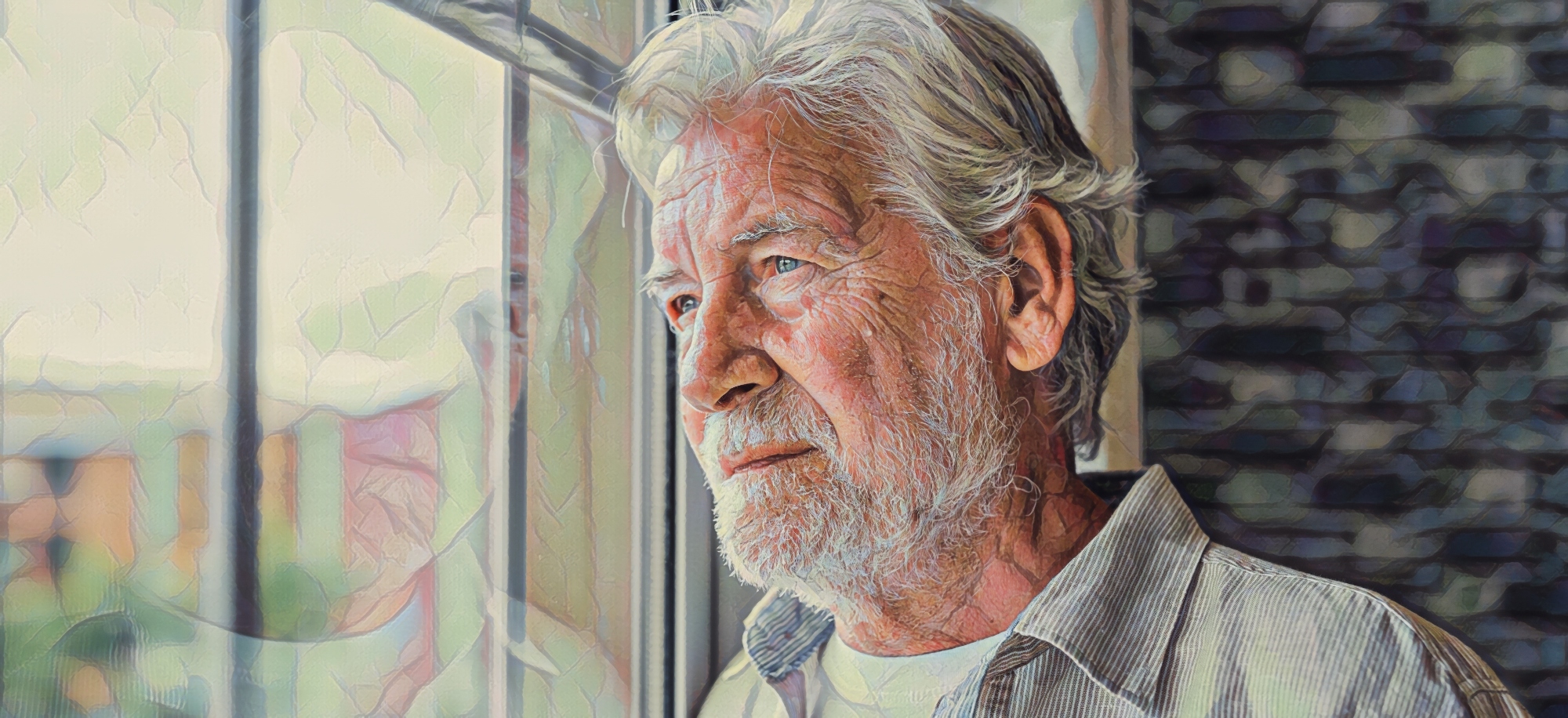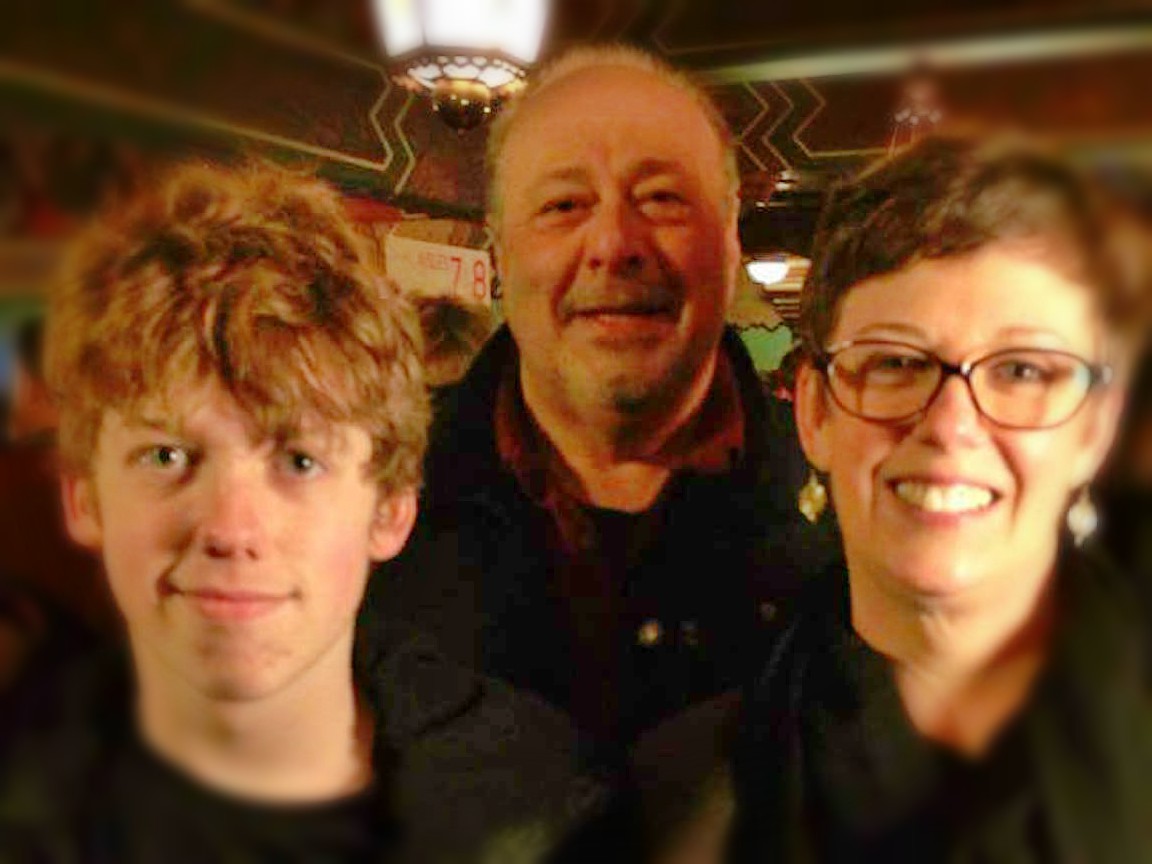Ten years ago, our 39-year old son Robert took his life. Ten years since our hearts were smashed into pieces, our world ripped apart, and we joined an exclusive club no one ever asks to join. The shock and pain that followed I do not need to describe. You who are reading this already know those emotions all too well.
Ten years later, the tidal wave of grief that ripped loose the footings of our lives has receded. The pain is still there but manageable, and the fog of fresh grief has been lightened by the clarity of time. For those of you whose grief is fresher, I write this – hopefully, to offer something that resonates and makes traveling the grief highway just a bit easier.
That first year was absolute hell. The pain was so acute at times I literally could not breathe. I managed to get through the first couple of weeks by focusing on making the funeral arrangements, cleaning out Robert’s apartment, settling his affairs. Afterward, back in our new reality, it was a different story. The warm cocoon of caring relatives and friends went back to their lives, the world moved on. We cried every day, and every night, and when we finished crying, we cried some more.
Finding a skilled grief counselor and a support group at Friends for Survival was a godsend. I needed to pour out my heart; my friends from “before” cared but could not understand what I was going through. Being with people who knew firsthand what it really is all about made all the difference. I learned that with suicide, too many of us tend to chomp down on our feelings, to squeeze off the tears. We try to bravely soldier on and tell everyone we’re fine. Don’t. Ignore your emotions, and your grief will just fester until the inevitable day of reckoning.
When things got overwhelming, which was pretty much every day, I climbed on my exercise bike, determined to ride till the pedals or I fell off, whichever came first. If that did not unbottle things enough, I would listen to the most tear-jerking, rip-my-guts out music I could find. I also started journaling like crazy when I was awake and whenever I woke in the night – which was often.
By the second year, the grief was duller but just as painful, maybe even more so as the numbness wore off. It would have been all too easy to shut down and just go through the motions, to just shout “I’m not here anymore and I’m not returning!” And like many of us, I kept trying to find out why, to recreate Robert’s life in the months leading up to his suicide. I talked with his friends, read his text messages, scoured his bills. Did it help? Perhaps, but it did not change the reality that my son was dead. And it opened way too many futile ‘what ifs and if only’s.’
Birthdays and holidays were a challenge, particularly the first ones. Holidays can be grim sentinels bearing harsh witness to all we have lost. So, we found new ways to commemorate, if not celebrate, those days.
Somewhere around the seven-year mark, I had pretty much forgiven everyone else, except for one person – me. Robert and I were good friends as adults, but I was not the father I should have been when he was growing up. I wondered if God was punishing me for when I had been insensitive to others, too self-centered to notice that someone I loved was hurting. I truly believe, though, that God does not hurt others to punish us for our own misdeeds, and that the first heart to be broken when my son killed himself was God’s. If I was really going to heal, I needed to forgive myself – a work still in progress. In the interim, I’ve managed to negotiate a truce with myself.
This is what I have learned ten years later: My grief was not only for my lost son but also for what I lost of myself as well. A loved one’s suicide is not something we get over, nor even get through, rather it is something we come to terms with over time. By accepting our grief and loss as part of who we now are, we gradually heal. Our ‘new normal’ does not mean that we are doomed to a lifetime of just going through the motions; we can re-engage in living fully. We discover that the hole in our heart can hold both joy and sadness, laughter, and tears at the same time.
There are no shortcuts – the only way to come to terms with grief is to grieve. Be patient with yourself – let time do the heavy lifting of healing. There is no timetable; every person’s grief is unique, so do not let anyone else tell you when grieving should be over. This Father’s Day, when we visit Robert’s grave, there will still be tears, our hearts will still ache. But there will be smiles and laughter as we remember our Robert and the light he brought into our lives. The sadness of his absence will be joined by a calm acceptance holding us tight.
Remember to be gentle on yourself, my fellow traveler, as you walk this road. Your family needs you; you need you. Sometimes it will seem you are not making any progress, just going in circles or even backwards. Be patient and stay the course. It will be the hardest work you will ever do, but I promise you with all my heart there will come a time when the road levels off, when the dark gives way to light, when laughter and joy returns, and you realize within yourself is a strength you never knew you possessed.




